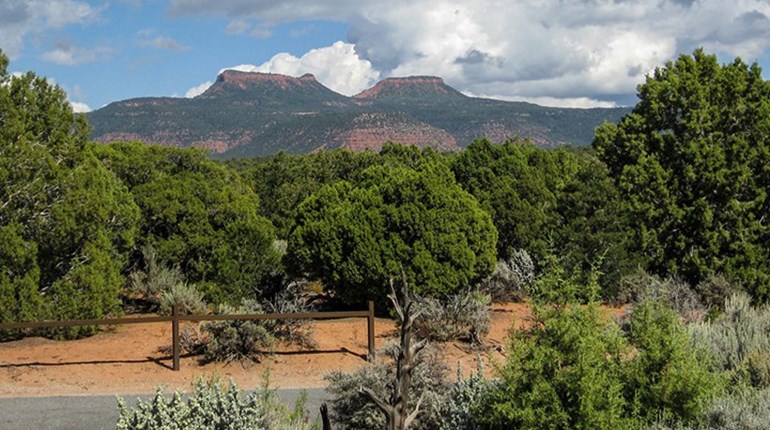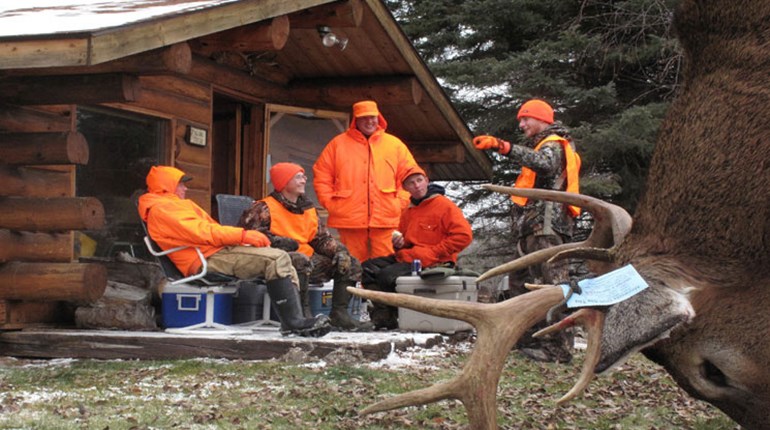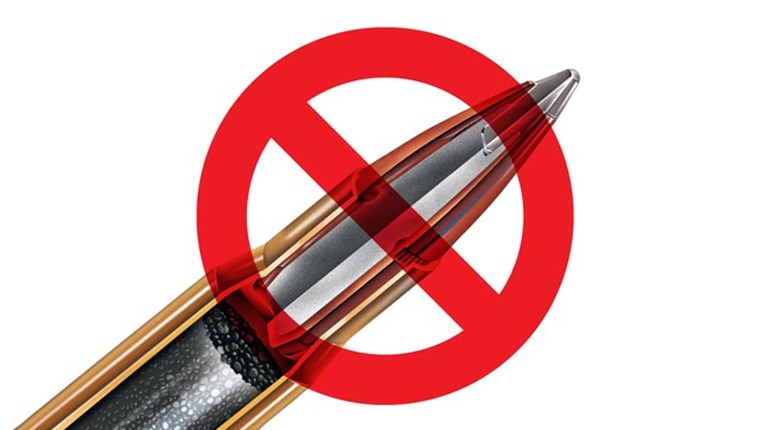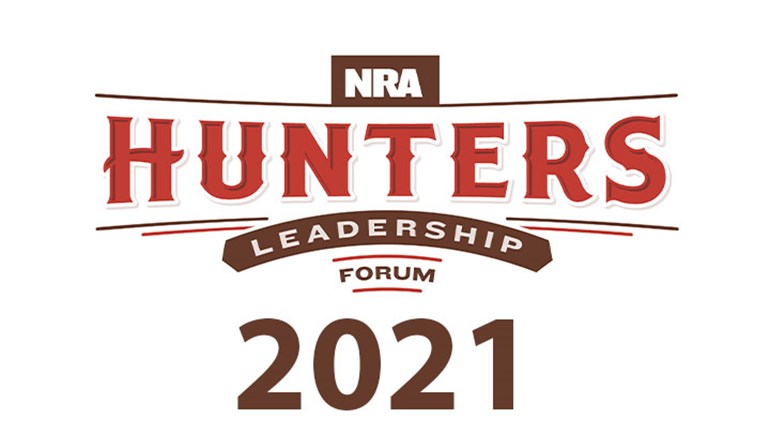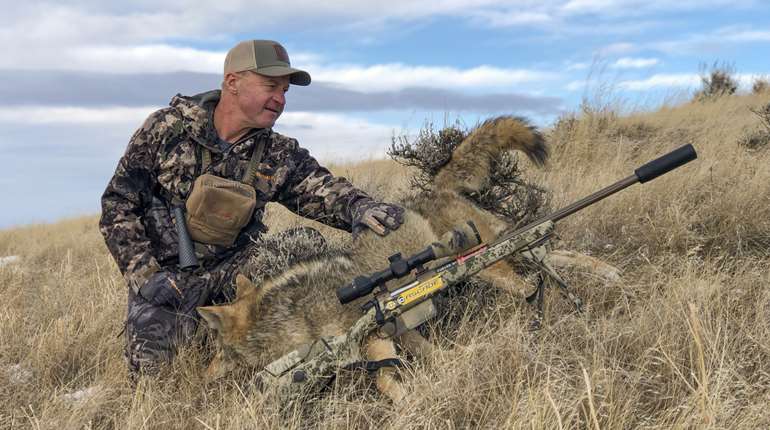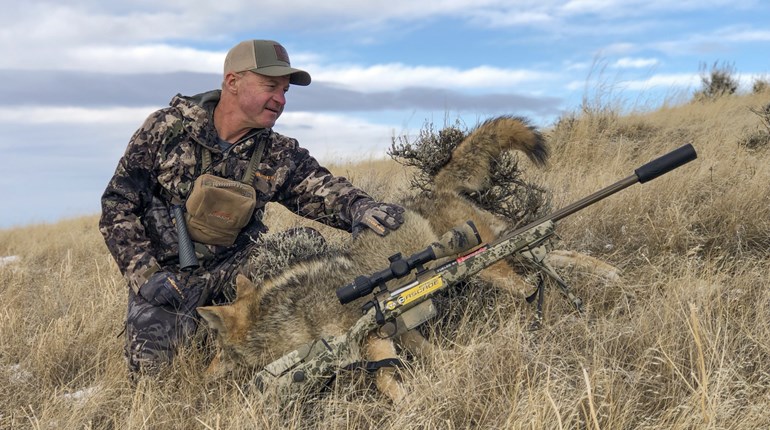
Americans might find it astounding that lawyers have so rigged the system that we’re in many cases paying attorneys who work for anti-hunting groups to suit the U.S. government.
Two sources of federal money provide reimbursement for legal fees for any individual or organization that files a lawsuit against the federal government and wins. One, called the Judgment Fund, is a Congressional line-item appropriation often used for cases related to the Endangered Species Act, the Clean Water Act and other environmental laws.
The Judgment Fund is so problematic that the National Law Journal (NLJ) says, “For every Judgment Fund payment that can be detailed, many more remain untraceable. The Commerce Department last year spent $45 million to settle an administrative ‘miscellany’ tort claim. A Freedom of Information Act request by the NLJ about the payment is pending.”
The second method is through the Equal Access to Justice Act (EAJA), which was enacted to help individuals and small businesses take on the federal government.
The EAJA prohibits reimbursement to for-profit corporations worth more than $7 million. It also prohibits individuals who are worth more than $2 million, at the time an action was filed, from being reimbursed. Non-profit groups, however, are exempt from these restrictions.
With EAJA payments, the burden is on the government. The government has to prove the action it was suited for was justified or that circumstances make an award of attorney’s fees unjust. (Doesn’t this sound like legislation written by trial attorneys?)
Attorney fees also can’t be awarded in excess of $125 per hour unless the court determines that an increase in the cost of living or other special factors justifies a higher fee.
Groups such as the Center for Biological Diversity, an extreme environmental nonprofit group, tap into this slush fund. In fact, according to Karen Budd-Fallen, a senior partner at Budd-Fallen Law Offices L.L.C., the Center for Biological Diversity filed more than 400 lawsuits and 150 appeals in federal courts over a 10-year period. Why? “It’s a numbers game,” said Bud-Fallen. Many of these environmental lawsuits are based on technicalities, such as the federal government’s failure to meet a filing deadline or to follow a specific environmental procedure. When the federal government fails according to these technical criteria, they have to pay the lawyer’s fees of the person or group suing.
Several attempts to amend the EAJA at the behest of hunter-conservation groups have fizzled in Congress.
The Open Book on Equal Access to Justice Act (H.R. 2919), for example, was introduced into the United States House of Representatives in 2013. The bill would have amended the EAJA by requiring the Administrative Conference of the United States to prepare a report each year on the amount of fees and other expenses awarded by federal courts to nonfederal entities when they prevail in a case against the United States.
This is a big deal. Click here and scroll down on the column on the left, then click on the “Department of the Interior” (it includes the U.S. Fish and Wildlife Service [USFWS] and many other agencies) and chose a range of dates on top. Then click “Generate a Report.” Scroll down to see all the tens of thousands of taxpayer dollars that the U.S. government is giving to often unnamed groups with little accountability.
The EAJA was originally written to help little guys take on the Goliath that is the U.S. government, but it has since become a way for attorneys to game the system. Too often these attorneys are from groups who are attempting to use the Endangered Species Act or other federal legislation to attack hunting rights, land access and more. This is why hunter-conservation groups have long argued that the EAJA needs to be reformed. For example, click here to see the Boone and Crockett Club’s position on the EAJA.
A few years ago legislation was introduced in Congress to curtail abuses of the EAJA. It was called the Government Litigation Savings Act. One important reason for this legislation is that the costs of defending unnecessary lawsuits against federal agencies, such as the USFWS, have been increasingly draining budgets.
For example, the Boone and Crockett Club found that in 2008 “an animal-rights group won a legal ruling regarding wolves and petitioned a federal court in Missoula, Mont., for $388,370 in attorney fees. The judge awarded $263,099, which was based on an hourly rate of $300, even though the EAJA limit is $125 per hour. In 2007, the same plaintiff was awarded $280,000 following a similar case in the Great Lakes area.”
In both cases the defendant was the USFWS. The USFWS gets a lot of its funding from sportsmen. There are too many examples of tens of thousands of our dollars going to groups opposed to your rights to list. And it’s time-consuming and cumbersome to dig them all out of the federal records.
This is a status quo that the attorneys benefitting from this and the groups they represent want to keep. They don’t want these expenditures of tax dollars to be made publicly comprehensible. They don’t want the public funds they are using—in many cases to attack your rights—to be openly managed.
The only way to change this is to get Congress to reintroduce and pass important legislation to reform what have become slush funds for attorneys.












